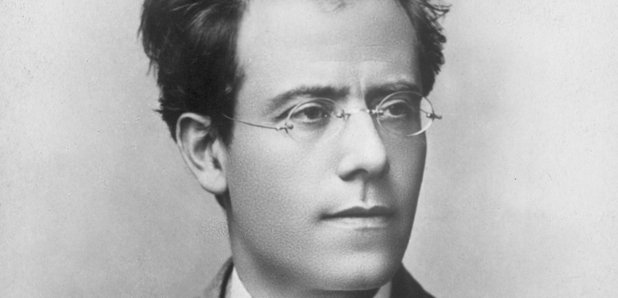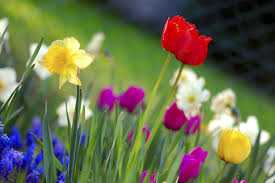Spring won’t let me stay in this house any longer! I must get out and breathe the air deeply again.
-Gustav Mahler
Spring seems to erupt with a raucous fervor from the first notes of Gustav Mahler’s Der Trunkene Im Früling (“The Drunken Man in Spring”). The song is part of Das Lied von der Erde (“The Song of the Earth”), Mahler’s combination symphony and song cycle, completed in 1909. The text comes from Die chinesische Flöte, a collection of ancient Chinese poetry translated into German by Hans Bethge.
Listen to the way the orchestra comes alive, evoking a sonic cast of characters and personas which converse with the human voice:
[unordered_list style=”tick”]
[/unordered_list]
I was recently reminded that Mahler inscribed the opening of the First Symphony with the words, “as if spoken by nature.” Here is an interesting excerpt from one of Mahler’s letters:
That Nature embraces everything that is at once awesome, magnificent, and lovable, nobody seems to grasp. It seems so strange to me that most people, when they mention the word Nature in connection with art, imply only flowers, birds, the fragrance of the woods, etc. No one seems to think of the mighty underlying mystery, the god Dionysus, the great Pan; and just that mystery is the burden of my phrase, Wie Ein Naturlaut (“As if spoken by nature”). That, if anything, is my program, or the secret of my composition…My music is always the voice of Nature sounding in tone, an idea in reality synonymous with the concept so aptly described by von Bülow as ‘the symphonic problem.’ The validity of any other sort of ‘program’ I do not recognize, at any rate, not for my work. If I have now and then affixed titles to some movements of my symphonies I intended them only to assist the listener along some general path of fruitful reaction. But if the clarity of the impression I desire to create seems impossible of attainment without the aid of an actual text, I do not hesitate to use the human voice in my symphonies; for music and poetry together are a combination capable of realizing the most mystic conception. Through them the world, Nature as a whole, is released from its profound silence and opens its lips in song.


 Tomorrow is the first day of spring. With warmer temperatures, blooming foliage and a sense of renewal, spring has long been a rich source of poetic inspiration. Here are three songs by Franz Schubert (1797-1828) which feature spring:
Tomorrow is the first day of spring. With warmer temperatures, blooming foliage and a sense of renewal, spring has long been a rich source of poetic inspiration. Here are three songs by Franz Schubert (1797-1828) which feature spring: